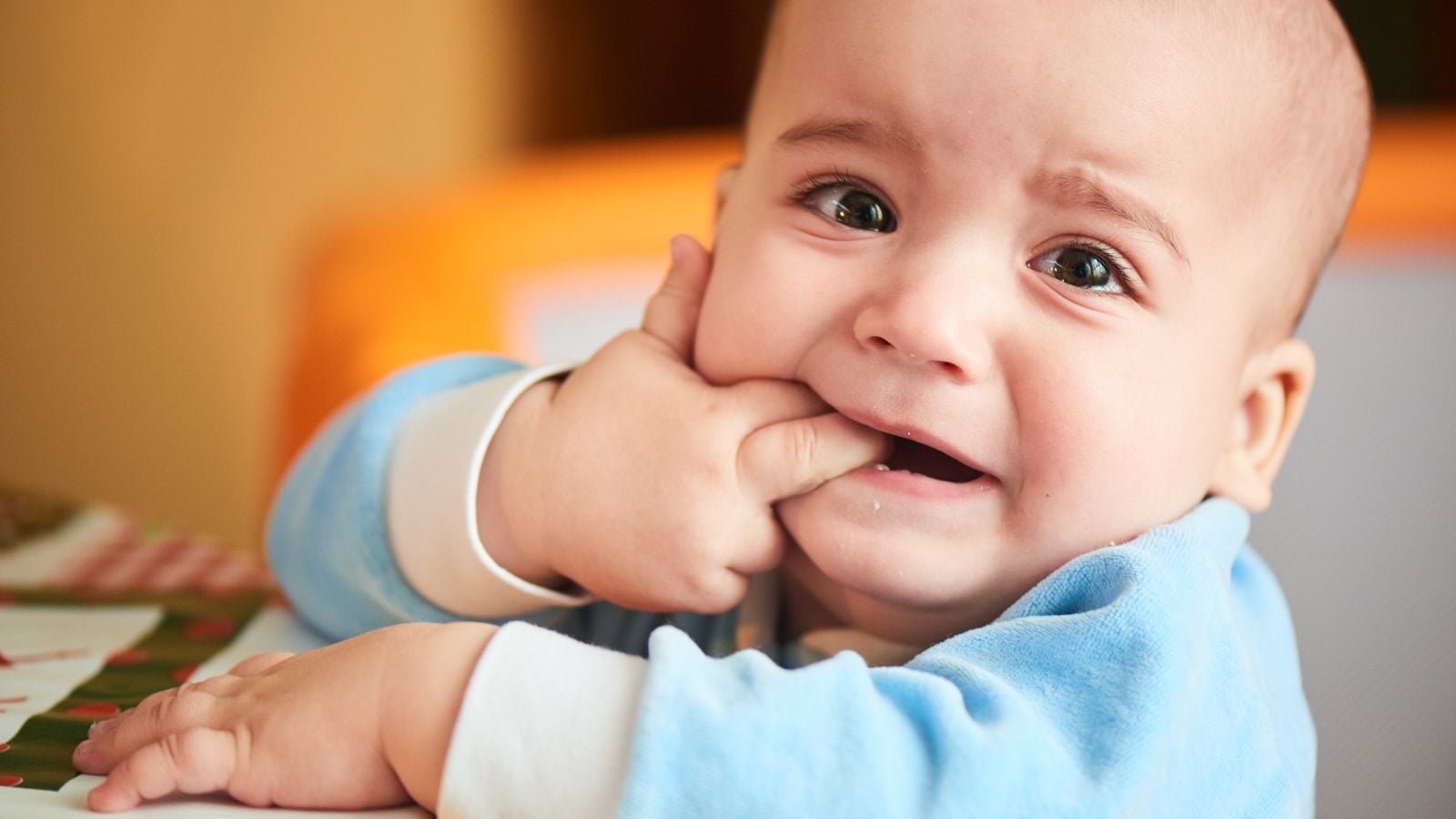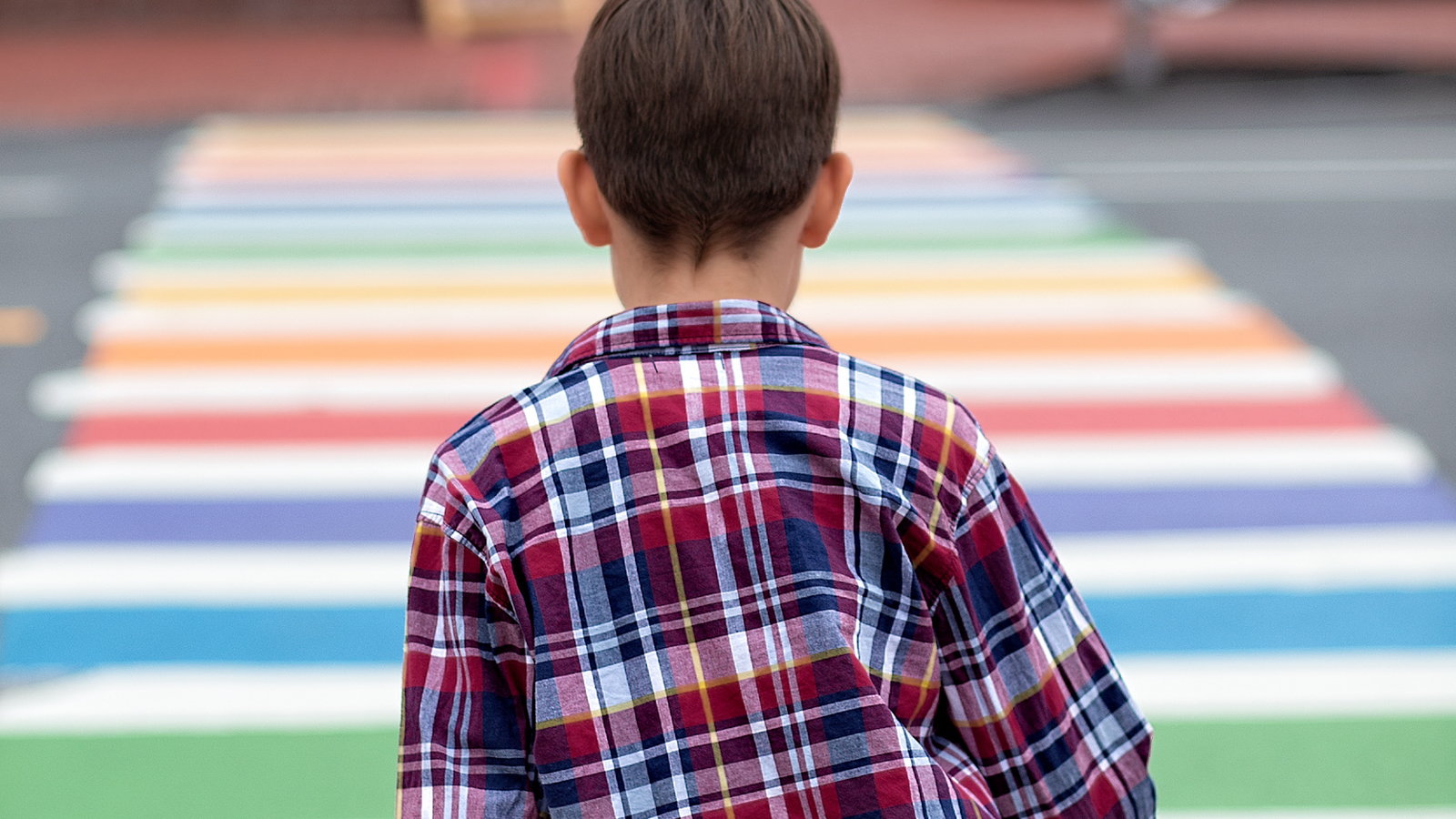
You may remember having pains in your legs at night and your parents telling you, "oh, you're just having growing pains." Not every child experiences growing pains, but most of us have heard the term growing pains before. Are these pains really from growing and how do you know if your child is experiencing growing pains or something more concerning?
Doctors started calling these childhood pains growing pains sometime around the 1930's, according to the Cleveland Clinic, because at the time they believed they were caused by painful growth spurts. While they were once thought to be caused by growing, doctors now know that this benign condition is not caused by growth. They are not sure exactly what causes the pain, but they believe it could be from overuses of muscles, lower pain thresholds, or possibly lower bone strength.
What Do Growing Pains Feel Like?
Growing pains, which usually take place at night, are painful aches that are felt in the legs mainly. Your child may complain of aching in the back of his thighs, behind his knees, or through the calves. The pain generally only lasts for 10-30 minutes but can be painful enough to wake him up at night.

How Common Are Growing Pains?
Growing pains are common in children. Up to 40% of kids will have an episode of growing pains at some point during childhood. They can occur at any time between the ages of 3 and 12 but are most commonly seen in 3-5-year-olds and 8-12-year-olds.
How to Treat Growing Pains at Home?
Growing pains usually don't last long, but they can cause quite a bit of pain for your child. Kids who have growing pains will wake up feeling fine in the morning, but there are things you can do to make them feel better at night.
Massage and stretch their legs. Ask them where they are having pain and massage that area, as well as giving the legs a good gentle stretch.
Place a heating pad or warm cloth under the leg muscles. Be sure to keep the heating pad on low and don't allow the child to sleep with it on. Make sure that the child's leg isn't being burned by the heating pad. You may want to place an extra towel on top of the heating pad.
If your doctor says okay, you can try children's ibuprofen or Tylenol. Be sure you ask your doctor first and find out the appropriate dosage instructions. Aspirin should never be given to kids.
What Else Should You Know About Growing Pains?
Growing pains are usually not something to worry about. However, some conditions can mimic growing pains. Growing pains occur in both legs. If your child is having pain that is isolated to one leg, you should consult your doctor. Other symptoms that warrant a call to your doctor include leg pain after injury, fever with leg pain, rash accompanied by leg pain, red or swollen joints, difficulty walking, weakness, decreased appetite, fatigue, or any other unusual symptoms.

